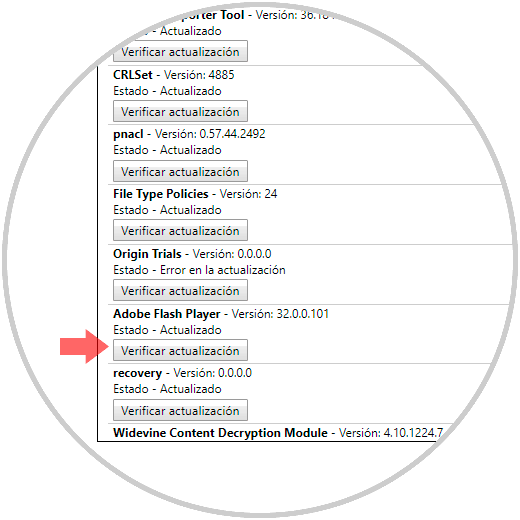


In certain conditions a server can cause a libpq client to over-read and report an error message containing uninitialized bytes.Ī flaw was found in PostgreSQL. In PostgreSQL, a modified, unauthenticated server can send an unterminated string during the establishment of Kerberos transport encryption. The issue has been patched as of version 1.1.9.
#ADOBE FLASH PLAYER FOR CHROME 2019 CODE#
And could lead to arbitrary code execution or data access on the underlying host as the `postgres` user. Exploiting this vulnerability could allow a low privileged user to acquire `superuser` privileges, which would allow full, unrestricted access to all data and database functions. A low privileged user can create objects that collide with existing function names, which will then be executed instead. The vulnerability leverages missing schema qualifiers on privileged functions called by the aiven-extras extension. Versions prior to 1.1.9 contain a privilege escalation vulnerability, allowing elevation to superuser inside PostgreSQL databases that use the aiven-extras package. Schema_element defeats protective search_path changes It was found that certain database calls in PostgreSQL could permit an authed attacker with elevated database-level privileges to execute arbitrary code.Īiven-extras is a PostgreSQL extension. This affects only databases that have used CREATE POLICY to define a row security policy. Applying an incorrect policy may permit a user to complete otherwise-forbidden reads and modifications. This scenario can happen under security definer functions or when a common user and query is planned initially and then re-used across multiple SET ROLEs. Row security policies disregard user ID changes after inlining PostgreSQL could permit incorrect policies to be applied in certain cases where role-specific policies are used and a given query is planned under one role and then executed under other roles. If you want to see a complete summary for this CPE, please contact us.


 0 kommentar(er)
0 kommentar(er)
